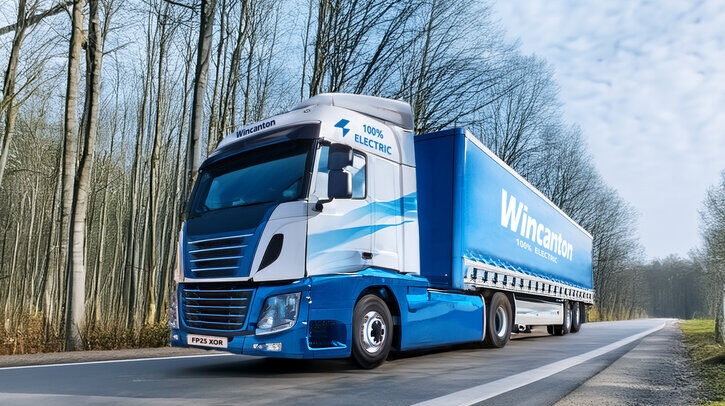The logistics industry is no stranger to change. But the pace and scale of recent mergers and acquisitions (M&A) suggest we are entering a period of rapid consolidation: one that raises fundamental questions about the long-term resilience and diversity of the UK’s logistics landscape.
The GXO-Wincanton deal, recently approved by the Competition and Markets Authority (CMA) subject to divestment of Wincanton’s grocery division, is just one high-profile example of a much broader trend. Global logistics providers continue to seek strategic acquisitions that will deepen their UK presence, extend their service portfolios or enhance technological capabilities. On paper, these deals make strategic sense. But what do they mean in practice for customers, competition and the robustness of UK supply chains?
Bigger isn’t always better
There’s no doubt that scale brings advantages. Larger operators typically have the capital and operational footprint to invest in next-generation technologies such as automation, AI-driven planning and low-carbon fleets. They can offer integrated, end-to-end services that simplify logistics for clients and enable greater efficiency.
But resilience in logistics is not just about scale. It’s about adaptability, diversity of supply and the ability to withstand, and bounce back from, disruption. When too much capacity is concentrated in too few hands, systemic risk increases. A failure or disruption at a dominant operator can send shockwaves across multiple industries, especially in sectors such as food, retail, healthcare or defence.
The CMA’s insistence that GXO divest Wincanton’s grocery division was, in my view, a sensible compromise – one that preserves some competitive tension in a vital market. The deal also highlights a broader trend: increasing consolidation in the UK logistics sector, which brings with it the risk of over-reliance on a smaller group of major providers.
A missing middle
There is a real opportunity, and a growing need, for more agile, mid-size logistics players to emerge in the UK market. These organizations can offer the best of both worlds: sufficient scale to deliver operational excellence and enough flexibility to tailor services to specific client needs. Crucially, they can help keep pricing and innovation competitive, especially in markets where the top providers dominate.
In our work with logistics users across retail, manufacturing and consumer goods, we’re seeing increasing appetite for this kind of partner: not a one-size-fits-all global behemoth, but a challenger 3PL that can offer personal service, technological innovation and genuine collaboration.
In that context, the enforced divestment of Wincanton’s grocery warehousing contracts might yet prove to be an unexpected win for market diversity. Whoever acquires that platform will have a rare opportunity to build a serious new contender in the UK 3PL space – if they can move quickly, innovate meaningfully and deliver on service.
Post-merger priorities: innovation, not just integration
One of the common missteps we see in post-merger integration is an over-emphasis on back-end systems and synergy targets at the expense of visible change for customers. In theory, M&A should unlock new value – better service, improved technology and more sustainable operations. But too often, customers experience uncertainty, disruption or simply no change at all.
For M&A to deliver genuine benefit to the market, the focus must be on innovation. That could mean better visibility tools for clients, faster fulfillment models or carbon optimization across networks. It’s surprising that sustainability hasn’t featured more prominently in public discourse around logistics M&A, given its potential to drive both environmental and commercial wins.
A well-executed merger could mean fewer empty miles, smarter routing and more consolidated deliveries. The carbon benefits of a combined network, if fully optimized, can be substantial.
Resilience needs diversity
Ultimately, the long-term health of the UK logistics sector will depend not just on the success of these large-scale deals, but on the vibrancy and competitiveness of the market as a whole.
Retailers and manufacturers must be cautious not to become overly dependent on a single consolidated provider, no matter how efficient it may seem. Diversified sourcing, across transport, warehousing and final-mile delivery, remains a cornerstone of resilience.
And policymakers and regulators should continue to play an active role in ensuring the market remains open, competitive and dynamic. As logistics becomes ever more critical to economic and societal functioning, we can’t afford to let resilience be an afterthought.


